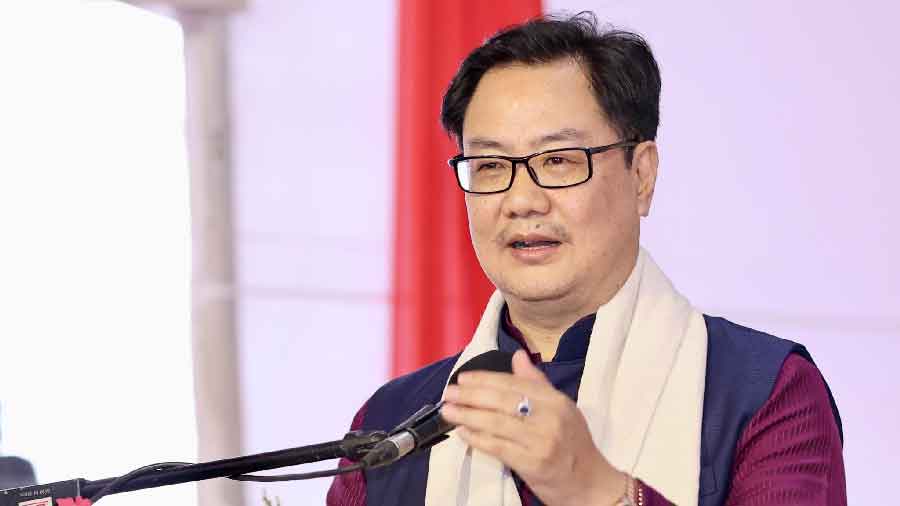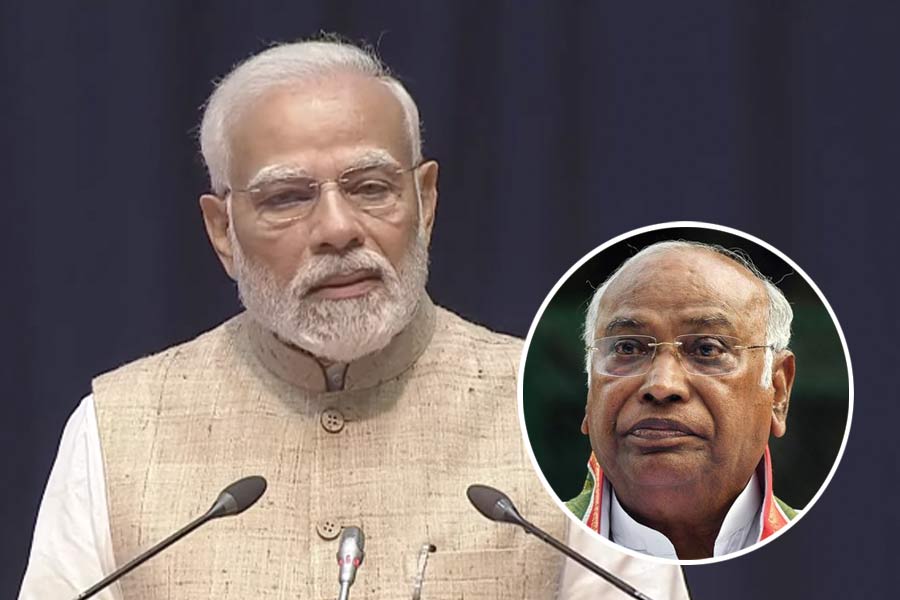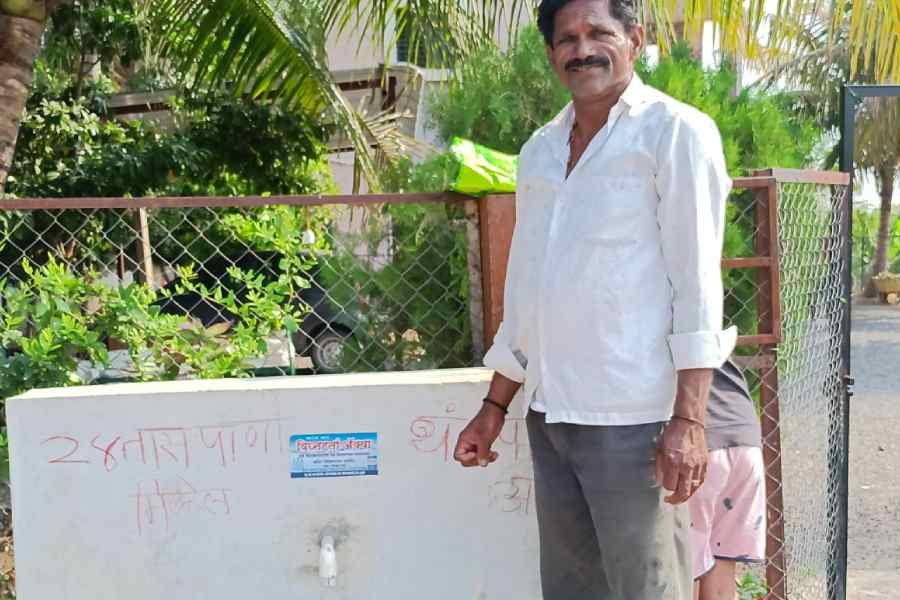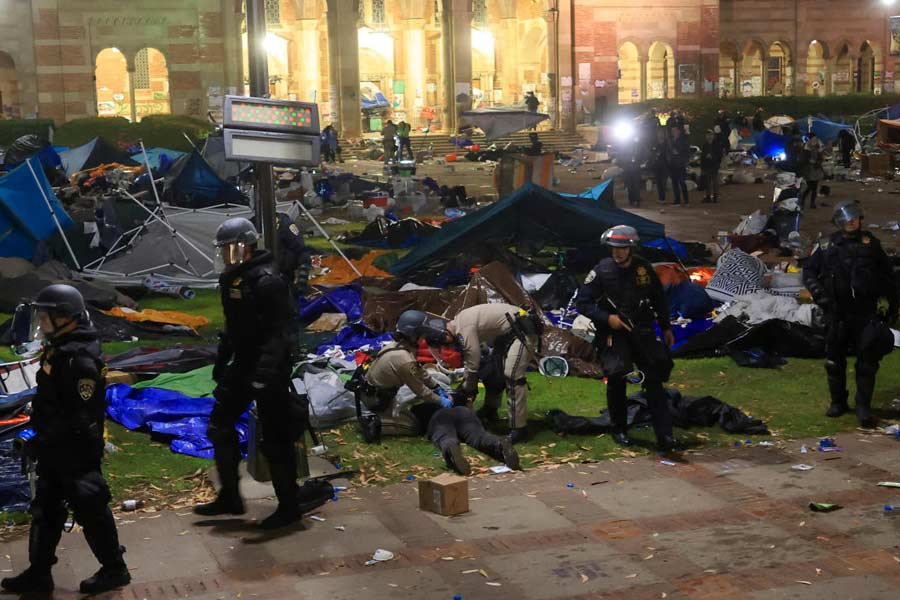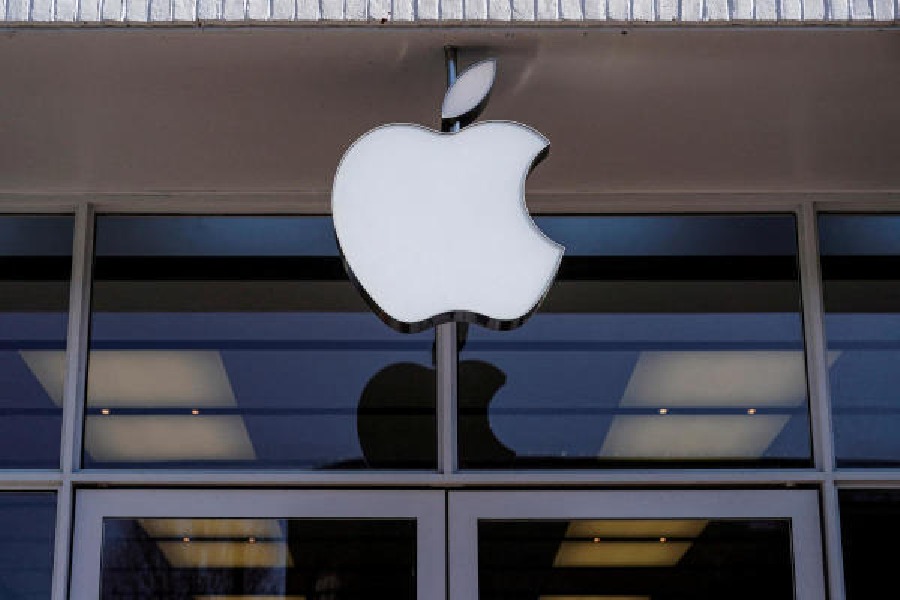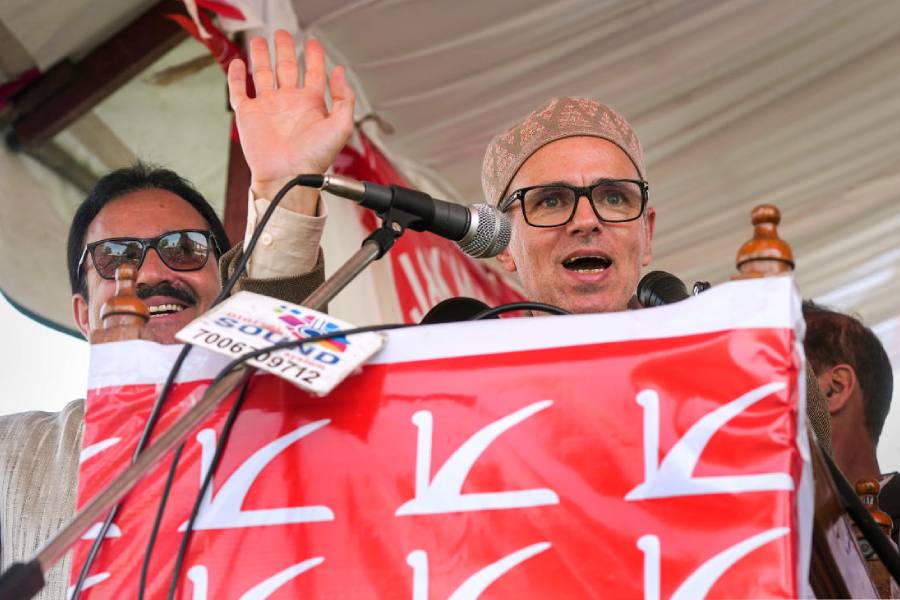Union law minister Kiren Rijiju on Friday acknowledged in the Lok Sabha that the Centre in “extraordinary circumstances” seeks inputs from the Research and Analysis Wing (RAW) before clearing appointments of judges to the Supreme Court and high courts.
Rijiu’s statement in the form of a written in the lower House was in response to a query from Congress MP Manish Tewari, who referred to the Supreme Court collegium’s minutes dated January 18, 2023, wherein a reference was made to the Centre citing RAW inputs to oppose the elevation of senior lawyer Saurabh Kripal, a gay rights activist, as Delhi High Court judge.
RAW was set up in 1968 as India’s premier external counter-intelligence-gathering agency.
Normally, the Centre and the Supreme Court and the high court collegium concerned seek inputs from the Intelligence Bureau relating to the credentials of a candidate under consideration for judgeship.
Kirpal’s elevation, despite the apex court’s reiteration on January 19 after rejecting the Centre’s objection over his sexual orientation and the foreign nationality of his partner, is still pending with the Union government.
Responding to Tewari’s query, Rijiju told the Lok Sabha in his written reply: “The Supreme Court Collegium (SCC) vide its Minutes dated 18th January, 2023, cited the reports of the Research & Analysis Wing (R&AW), which inter-alia mentioned the sexuality of an Advocate whose name has been recommended for appointment as Judge of the Delhi High Court.
“Generally, it is not a practice to seek R&AW reports on proposals for appointment of judges in the High Courts and the Supreme Court except in extraordinary circumstances, involving issues related to national security.
“As per the Memorandum of Procedure for Appointment of Judges of High Courts, the proposals recommended by the High Court Collegium for appointment as High Court Judges, are to be considered in the light of such other reports/ inputs as may be available to the Government for assessing the suitability in respect of the names under consideration. Accordingly, IB inputs are obtained and provided to the SCC for making assessment on the recommendees.”
Rijiju’s statement cited the judgment dated October 6, 1993, in the Supreme Court Advocates-on-Record Vs. Union of India (Second Judges Case) wherein a constitution bench had observed that merit-based selection was the dominant method for judicial appointments and the candidates to be selected must possess high integrity, honesty, skill, high order of emotional stability, firmness, serenity, legal soundness, ability and endurance.
“Besides the above, the hallmarks of the most important personal qualifications required are moral vigour, ethical firmness and imperviousness to corrupting or venal influences, humility and lack of affiliations, judicial temperament, zeal and capacity to work,” Rijiju said.
He cited the February 10, 2023, judgment of the apex court while dismissing writ petitions filed on the appointment of Justice Lekshmana Chandra Victoria Gowri as a judge of Madras High Court.
The court had noted that political background by itself was not an absolute bar to the appointment of an otherwise suitable candidate.
Similarly, criticism of government policies and actions by the persons recommended for elevation has not been held as a ground to treat them as unsuitable.
“The Supreme Court Collegium has also opined that political leanings or expression of views by a candidate does not disentitle him to hold a constitutional office so long as the person proposed for judgeship is a person of competence, merit and integrity,” Rijiju said.
“The Government, as an important stakeholder in the process of appointment of Judges in the High Courts and as laid down in the Memorandum of Procedure on appointment of High Court Judges, provides inputs which mainly contain information on the suitability, competence and integrity of the candidates under consideration f or appointment to high constitutional post in the judiciary.”

